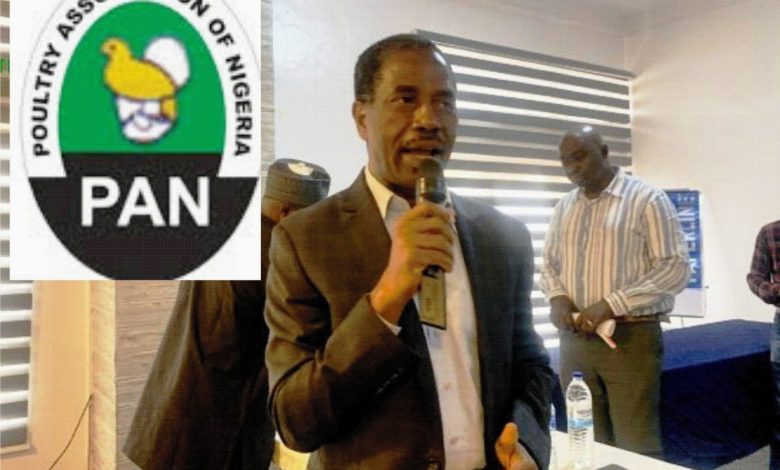PAN President Lauds Lagos State Over Ounje Eko Farmers’ Subsidy Program, Urges FG to Adopt Same

The National President of the Poultry Association of Nigeria (PAN), Chief Ichie Sunday Ezeobiora, has lauded the Lagos State government over the Ounje Eko Farmers Subsidy Programme (FSP) in the state which is aimed at empowering farmers with 25 percent subsidy on animal feeds, poultry, and fish, describing it as a welcome development while urging the Federal Government to adopt the same.
Ezeobiora, who is also the CEO of Sunchi Integrated Farms, the largest poultry farm in South/East Nigeria, made the call in a chat with newsmen; saying his association had been at the forefront of this and the Lagos State Government must be commended for this impactful step.
“As we had been stating, agriculture is one sector that government interventions are required. This sector deals with the critical food security issues, and it is paramount that every government ensures the availability and affordability of food to the society.
“By investing in agriculture, we not only bolster our economy but also create jobs and improve the livelihoods of countless families. It is essential for governments at all levels to prioritize agricultural development to ensure a sustainable future for our communities.”
“With over 25 million workforce, the poultry industry is the most capitalized, and we will continue to hope that the Federal Government would implement a similar program of intervention to boost the cattle sector.”
“This workforce plays a crucial role in sustaining the economy and providing essential nutrition to the population. Therefore, it is vital that policymakers recognize the importance of investing in agricultural infrastructure and support systems to bolster this sector,” said the PAN boss.
The agricultural sector, particularly livestock and aquaculture farming, has been under significant pressure due to the rising cost of production inputs.
Poultry and fish feed alone account for over 70% of production costs, leading to reduced farm operations and, in some cases, closures.
This has not only affected farmers but has also contributed to food inflation and reduced access to essential protein sources such as eggs, chicken, and fish for the common Nigerians.





